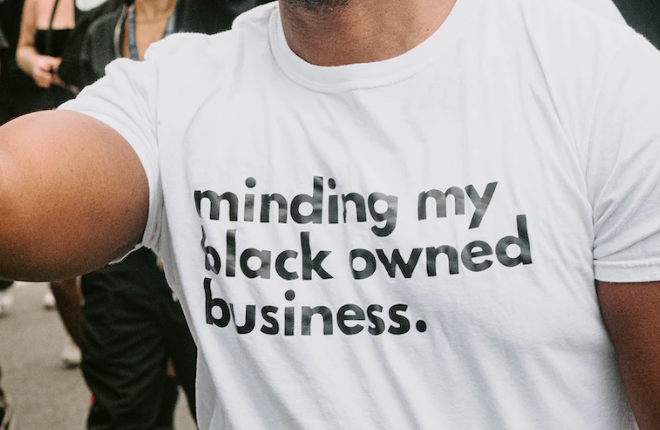What Is National Black Business Month
Share
Explore Our Galleries
Breaking News!
Today's news and culture by Black and other reporters in the Black and mainstream media.
Ways to Support ABHM?
By Ebony JJ Curry, Michigan Chronicle
The celebration not only underscores the entrepreneurial spirit but also highlights economic empowerment and resilience within the Black community.

August marks a pivotal time in the United States, as the nation observes National Black Business Month. This significant celebration not only underscores the entrepreneurial spirit but also highlights economic empowerment and resilience within the Black community. Over the years, this observance has grown in importance, drawing attention to the longstanding efforts to uplift and support Black-owned businesses.
The Visionaries Behind the Movement for a National Black Business Month
National Black Business Month owes its existence to the tenacity and vision of Frederick E. Jordan and John William Templeton. These two remarkable entrepreneurs felt the compelling need to draw attention to the economic strides made by Black-owned businesses in the U.S.
In a conversation with Black Enterprise, Templeton once remarked, “Our research indicates that there should be 2.5 million African Americans in business, and we only have half that many. If you look at the Black and White unemployment disparity, the essential idea is, the only way we’re going to get the level of employment we need is to support Black businesses. As of April, the black unemployment rate was 16.5%; the white rate was 9.0%.”
Jordan, a respected engineer from California, and Templeton, a seasoned journalist and historian, were driven by a common mission. They perceived the often overlooked role Black entrepreneurs have played in the nation’s economic tapestry.
Discover how their idea became a reality.
Many people don’t know that Reconstruction was a time when many Black Americans started businesses.









Comments Are Welcome
Note: We moderate submissions in order to create a space for meaningful dialogue, a space where museum visitors – adults and youth –– can exchange informed, thoughtful, and relevant comments that add value to our exhibits.
Racial slurs, personal attacks, obscenity, profanity, and SHOUTING do not meet the above standard. Such comments are posted in the exhibit Hateful Speech. Commercial promotions, impersonations, and incoherent comments likewise fail to meet our goals, so will not be posted. Submissions longer than 120 words will be shortened.
See our full Comments Policy here.